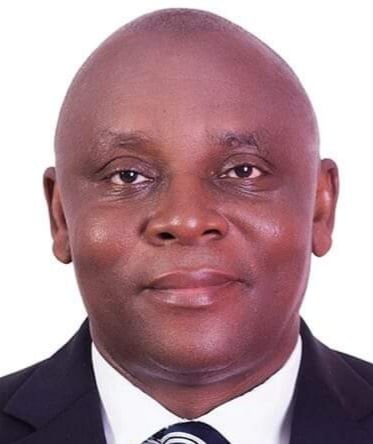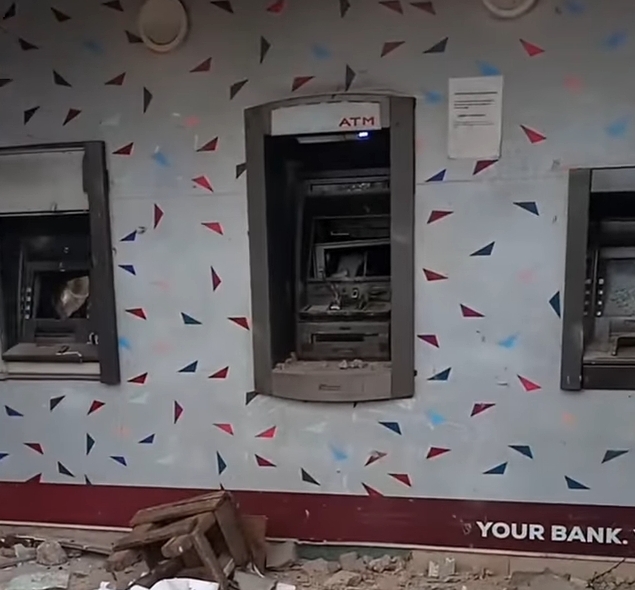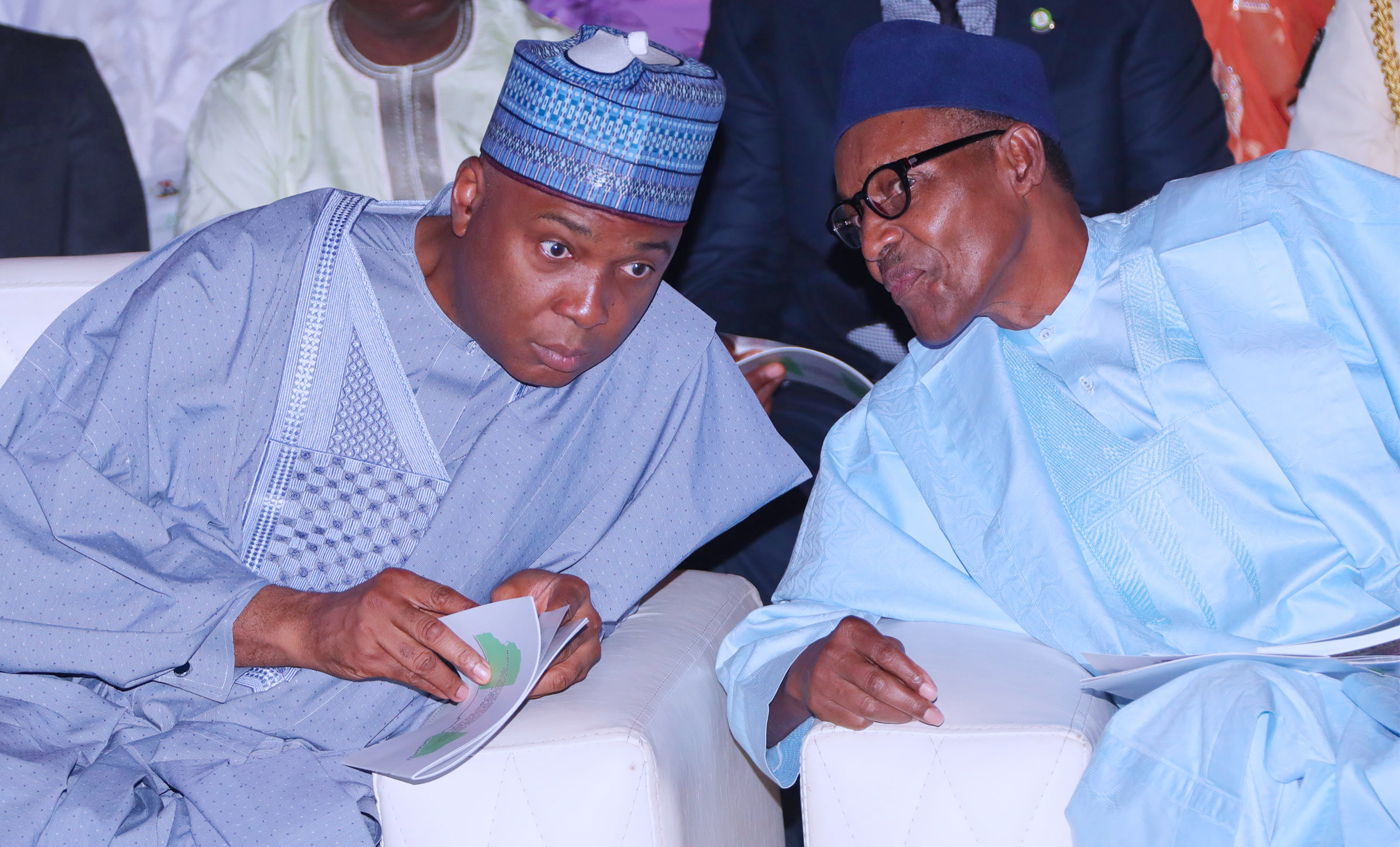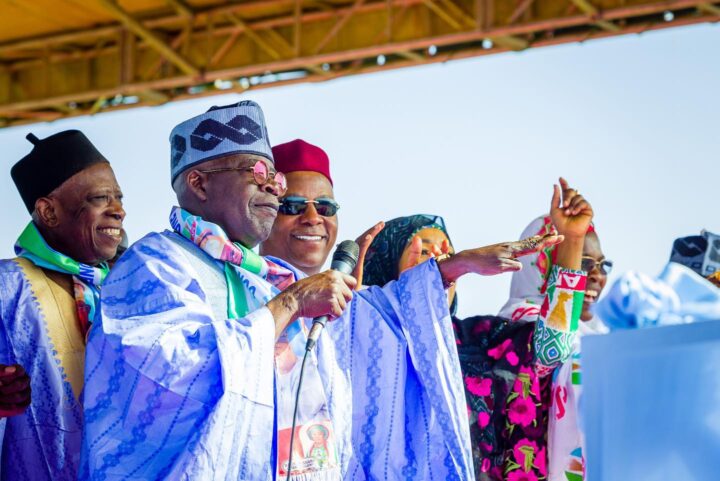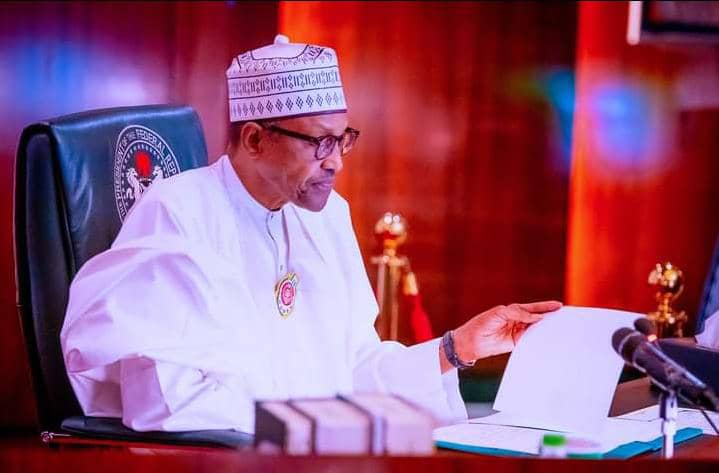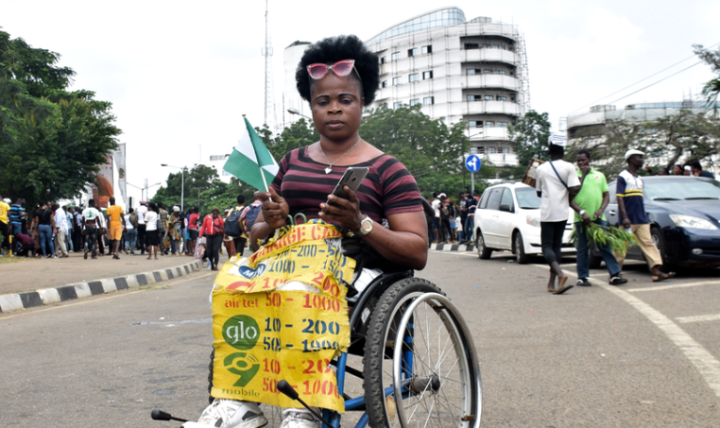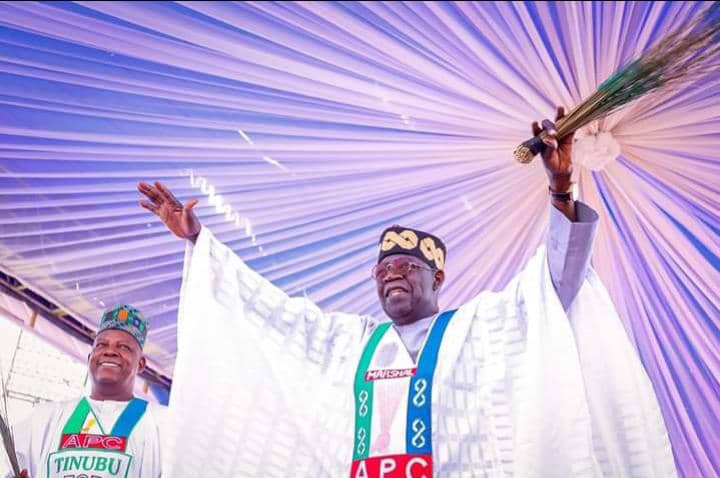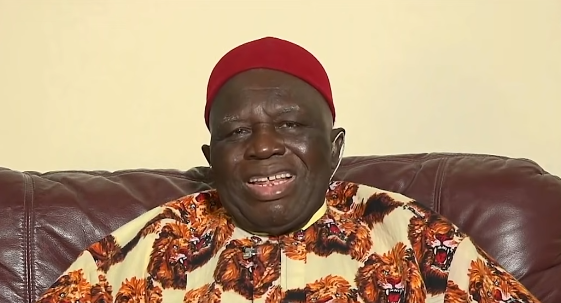I have seen videos of fights breaking out in banking halls and at ATMs as customers struggle to withdraw cash. There are also heartrending pictures of women stripping naked in banking halls, protesting their inability to access their hard-earned money. In the markets, traders are dealing with low demands and those with perishable goods are having trouble storing them as demand continues to fall. Hotels, restaurants and other small businesses are reporting either a drop in sales or a lack of cash to replenish stocks. A worker in a restaurant told me this week that there was no bread and egg for breakfast because of “all these cash problems. All transfers and POS payments go to the MD and he has not yet sent us cash”.
In other words, small businesses are running out of petty cash float, and replenishments of stocks are being delayed. A new paradigm is unfolding, and only the adaptable will survive.
It is quite unfortunate that a policy that was meant to stem illicit financial transactions and vote-buying during the elections has turned out to be a national embarrassment and source of torture to ordinary folks. Particularly affected are those who did not understand the basic premise of the Naira redesign policy and the huge population in the informal sector who deals mostly in cash. The currency redesign crisis is a typical case of a good idea bungled by bad implementation and unnecessary controversy. But there is room for correction. I commend Governor Emefiele for this bold initiative and urge him and his team to take the necessary steps to correct the mistakes. President Buhari should stand with Emefiele and offer him the requisite political support to ensure a successful execution of the cashless policy. Nigeria cannot be an island onto itself.
There is little doubt that the authorities needed to take action to reduce the huge amount of currency in circulation, stem financial crimes and frustrate kidnapping and terrorist activities. To achieve that, the CBN had to issue far fewer banknotes than the amount withdrawn from circulation, with the expectation that people will seamlessly take to online and POS transactions. The government had thought that, and this was the basic premise of the policy, if Nigerians did embrace other modes of payments, less and less cash would have to be printed and the nation would better for it. Instead, what we saw was people rushing to the banks looking for the new notes.
Advertisement
Early in the new year, there were loud complaints everywhere that the new notes were not available, implying that the citizens did not fully understand that the policy was not a cash-exchange exercise, but rather a cashless policy meant to limit the volume of cash in circulation. Perhaps, the CBN did not fully explain the policy well to the people. It is not too late to do so now. The huge shortfall between the amount withdrawn from circulation and the amount issued by the CBN has created a black market of currency traffickers. By the last count, over 30 bank managers in many cities across the country have been arrested for hoarding and currency trafficking. Bank managers and petrol attendants are now the hottest guys in town. You are truly blessed if your daughter is being wooed by any of them.
Now, the government seems to be facing a dilemma, caught between softening this policy in the interest of those in the informal sector who can’t adapt easily and the need to move fast to stop a presidential candidate who had brought in a staggering $1.5 billion to be changed into the Naira and deployed in massive vote-buying. This is a test case for President Buhari. He should resist the loud complaints from party henchmen like Gov. Nasir el Rufai and Adams Oshiomhole. These are dyed-in-the-wool politicians whose main preoccupation is to win elections by all means and remain in government forever.
Last week, APC governors trooped to the villa to convince the president to upturn or modify the cashless policy. These same governors who were nonchalant when ASUU were on strike for nine months; the same governors who said nothing when citizens grapple with biting fuel crisis and hyperinflation, are now running around to change a policy designed to stop election rigging and vote buying.
Advertisement
But why does APC feel more threatened by this policy than any other party? Last week, Gov. Nasir el Rufai went around the major TV houses in Lagos, making the argument that the currency policy was meant to thwart APC victory and that there are ‘’certain elements in the villa’’ that is out to get the party to fail the elections. The week before, its presidential candidate, Bola Ahmed Tinubu, had raised an alarm that the perennial fuel crisis and the currency challenges rocking the country were deliberately contrived to trigger his failure in the election. Why are APC politicians the only ones complaining?
The cashless policy should never be reversed or extended. The banks should strengthen their IT infrastructure to take care of the upsurge in transactions. Government must do all it can to stop vote-buying. For those Nigerians who are used to carrying huge amounts in their wallets, they should understand that although old habits may die hard, change is always inevitable.
President Buhari should resist all pressures from unconscionable politicians to steal the vote. Nigeria does not belong to APC politicians alone. Nigeria is for all Nigerians. I am a full-fledged member of the APC, but I support all measures taken to maintain the integrity of our elections and the well-being of our country.
Finally, how many people have noticed this rather curious aspect of the crisis? Godwin Emefiele, who was just a few weeks ago declared wanted by the DSS for allegedly financing terrorism, is now ordering the same DSS to go after bankers who are suspected of hoarding the naira. How did the Central Bank governor, in a matter of weeks, transmute from being a fugitive, running away from being captured by the DSS, become a folk hero, chasing after currency traffickers and hoarders, and asking the secret police to help? What has changed? That Nigeria has always been a nation of drama and paradox has never been in doubt, but the Emefiele-DSS saga has taken the art to a Broadway level.
Advertisement
Views expressed by contributors are strictly personal and not of TheCable.
Add a comment
